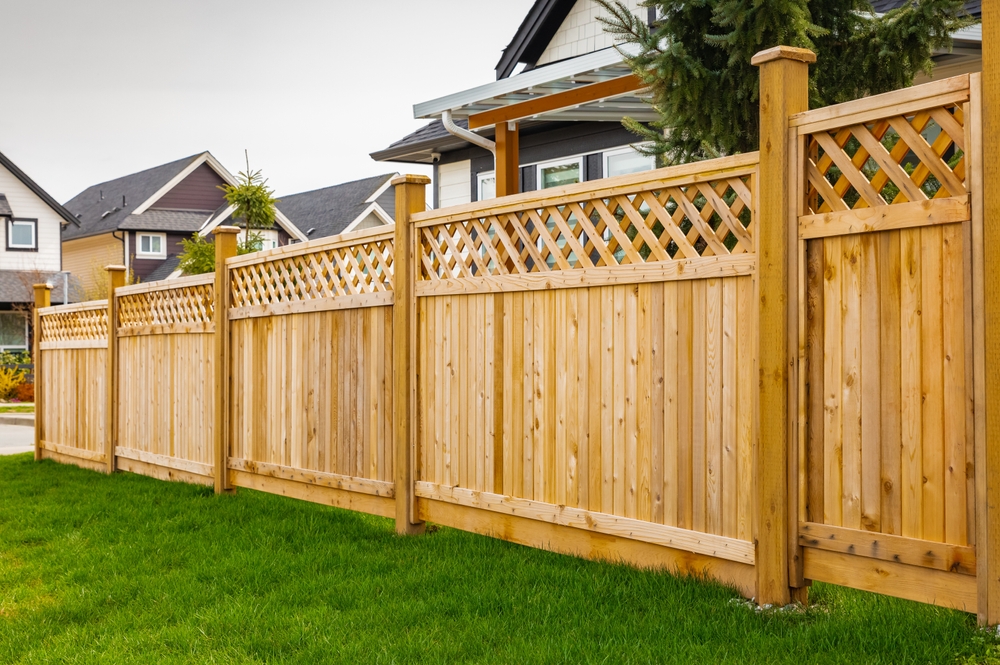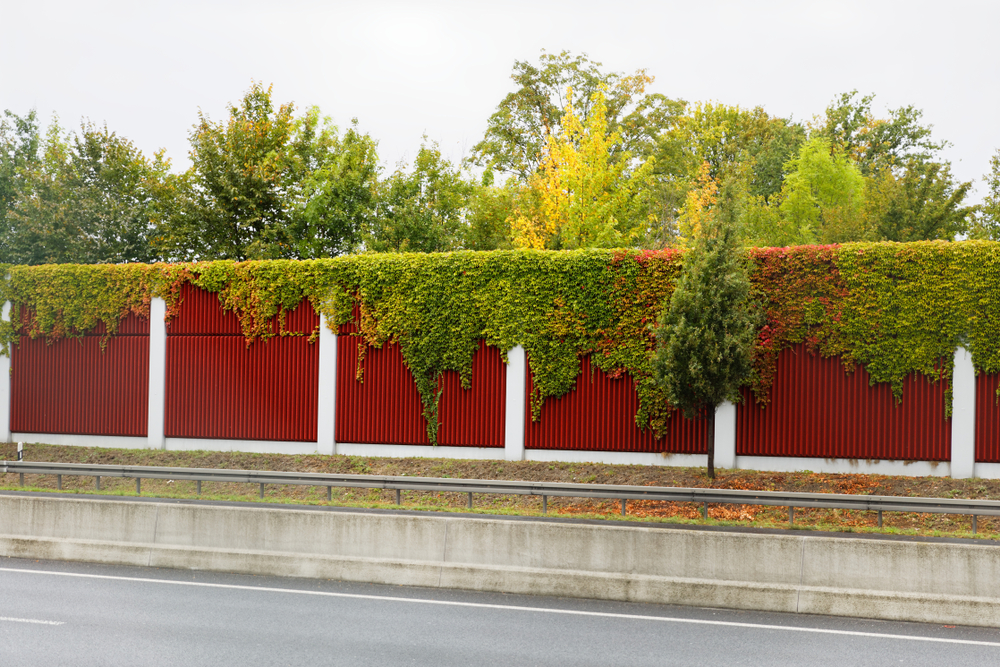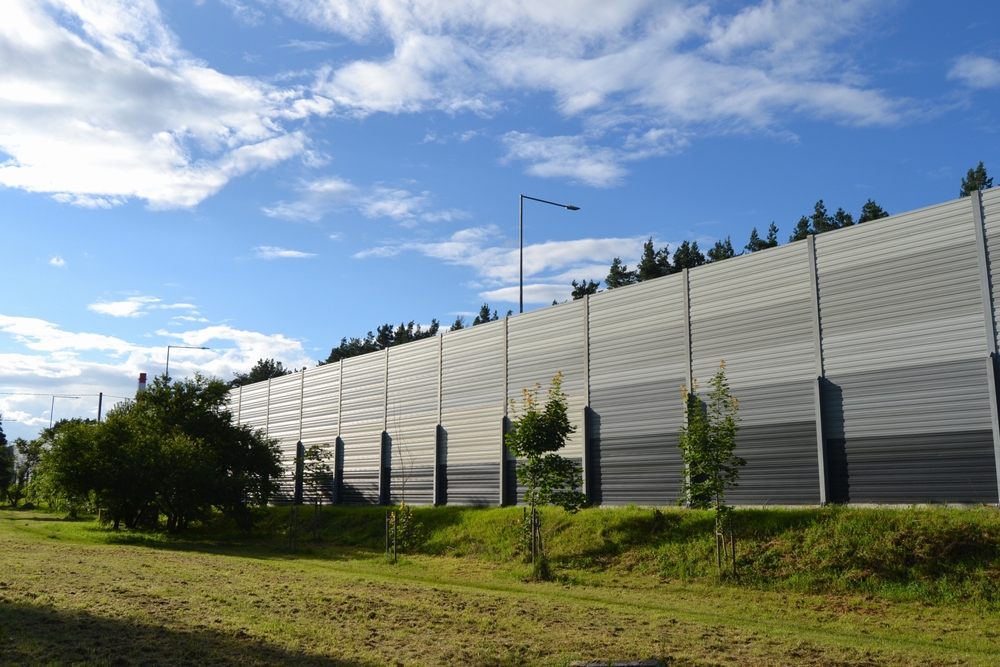The choice between a wood fence and a vinyl fence depends on your specific needs, preferences, and priorities. Both wood and vinyl fences have their advantages and disadvantages, so it’s essential to consider various factors when deciding which one is better for your situation. Here’s a comparison of the two:
Wood Fence:
Advantages of Wood Fences:
- Natural Appearance: Wood fences have a traditional, natural look that many people find aesthetically pleasing. They can enhance the overall appearance of a property.
- Variety of Styles: Wood fences come in various styles, such as picket, privacy, ranch rail, and more. This versatility allows you to choose a design that suits your landscaping needs.
- Customization: Wood fences are highly customizable. You can paint or stain them in different colors, and they can be easily cut or shaped to fit your desired design.
- Easy to Repair: Damaged sections of a wood fence can often be repaired or replaced relatively easily and at a lower cost compared to vinyl.
- Environmentally Friendly: Wood is a renewable and biodegradable resource, making it an environmentally friendly choice.
Disadvantages of Wood Fences:
- Maintenance: Wood fences require regular maintenance, including staining, painting, sealing, and pest control to prevent decay and rot. Neglecting maintenance can lead to deterioration.
- Durability: Wood fences are susceptible to rot, warping, and termite damage over time. The lifespan of a wood fence can be shorter than that of vinyl.
- Cost Over Time: Although wood fences may have a lower upfront cost compared to vinyl, the long-term maintenance expenses can add up.
Vinyl Fence:
Advantages of Vinyl Fences:
- Low Maintenance: Vinyl fences are virtually maintenance-free. They do not require painting, staining, or sealing. Cleaning with soap and water is usually sufficient to keep them looking good.
- Durability: Vinyl fences are highly durable and resistant to rot, decay, insects, and moisture. They typically have a longer lifespan than wood fences.
- Color Retention: Vinyl fences retain their color well and are less likely to fade or discolor due to UV exposure.
- Easy Installation: Vinyl fences are often easier and faster to install than wood fences because they come in pre-fabricated panels.
- Long-Term Cost Savings: While vinyl fences may have a higher upfront cost, their lower maintenance requirements can result in long-term cost savings.
Disadvantages of Vinyl Fences:
- Limited Aesthetic Options: Vinyl fences may have a more uniform and modern appearance compared to the natural look of wood. Some people prefer the traditional appearance of wood.
- Less Customization: Vinyl fences may offer fewer design and color options compared to wood.
In summary, the choice between a wood fence and a vinyl fence depends on your priorities. If you value a traditional, natural look and are willing to invest time in maintenance, wood may be a suitable choice. If you prefer low-maintenance, durability, and long-term cost savings, vinyl may be a better option. Ultimately, it’s essential to consider your budget, aesthetic preferences, and the level of maintenance you’re willing to undertake when making your decision.




